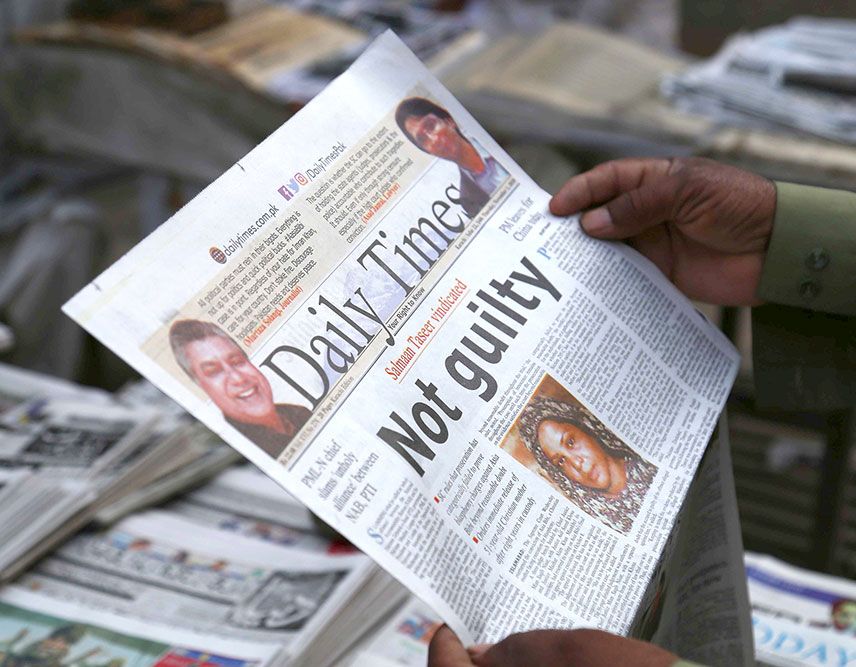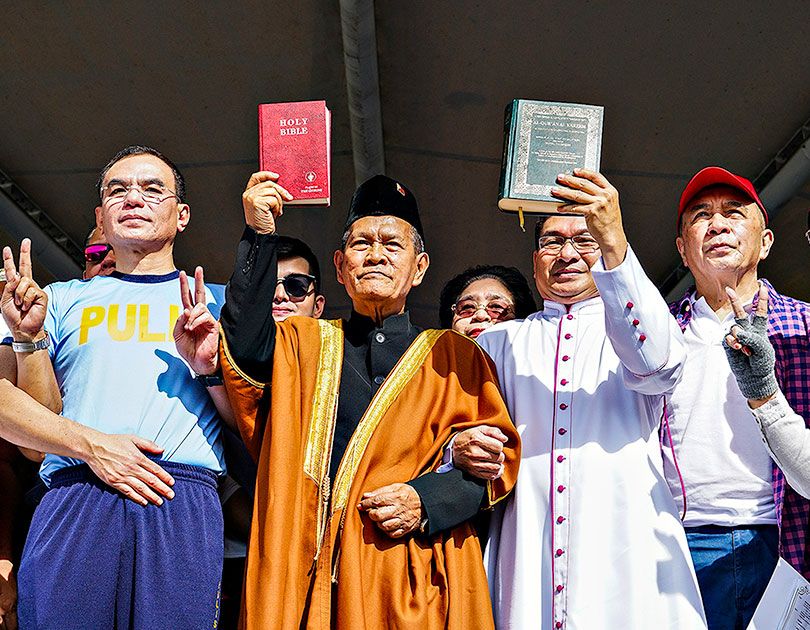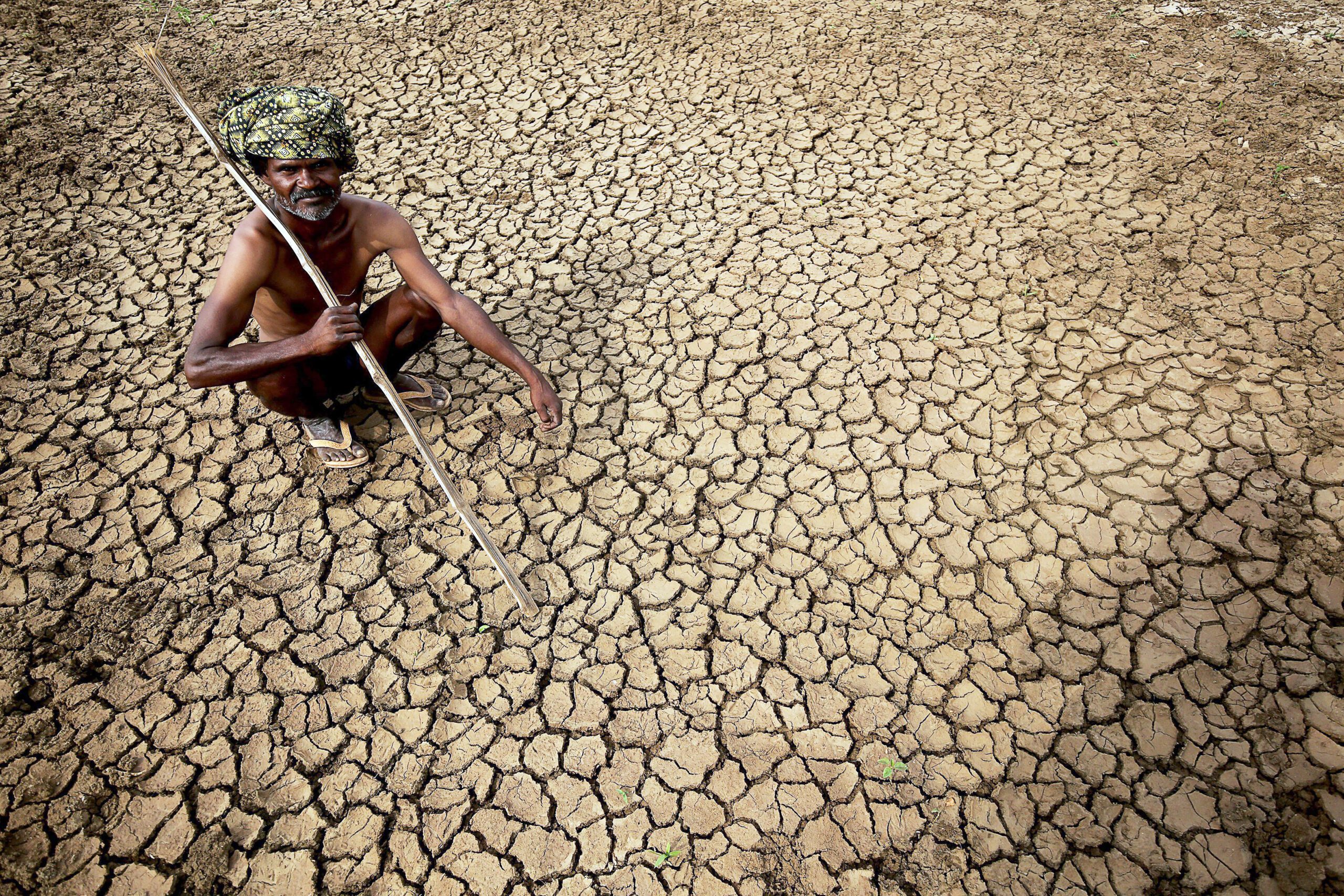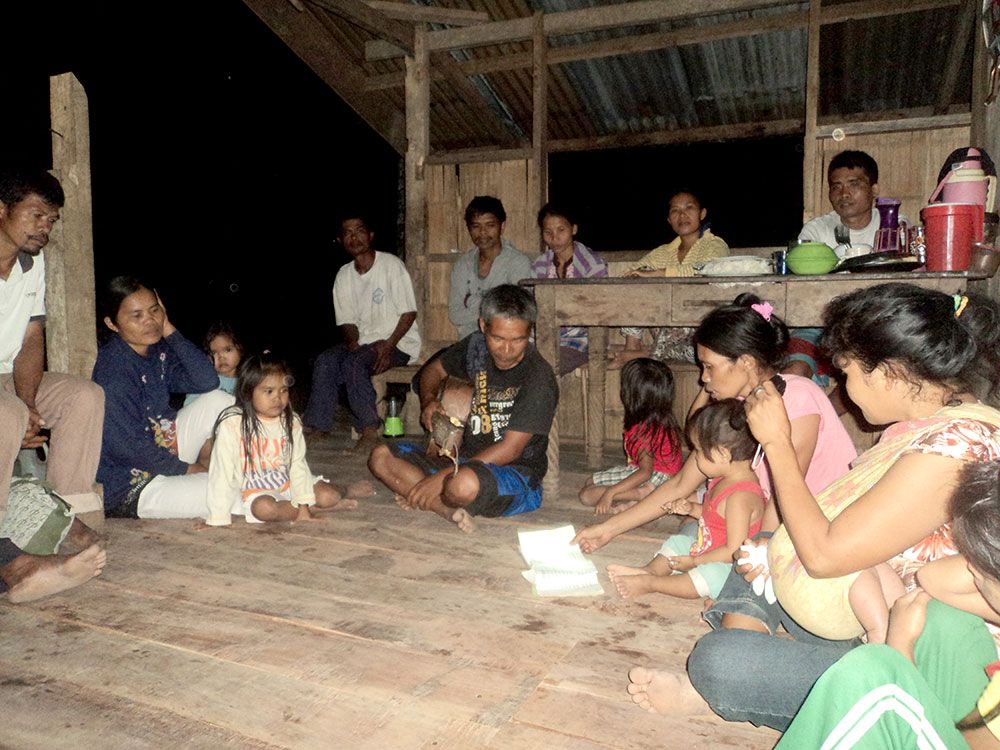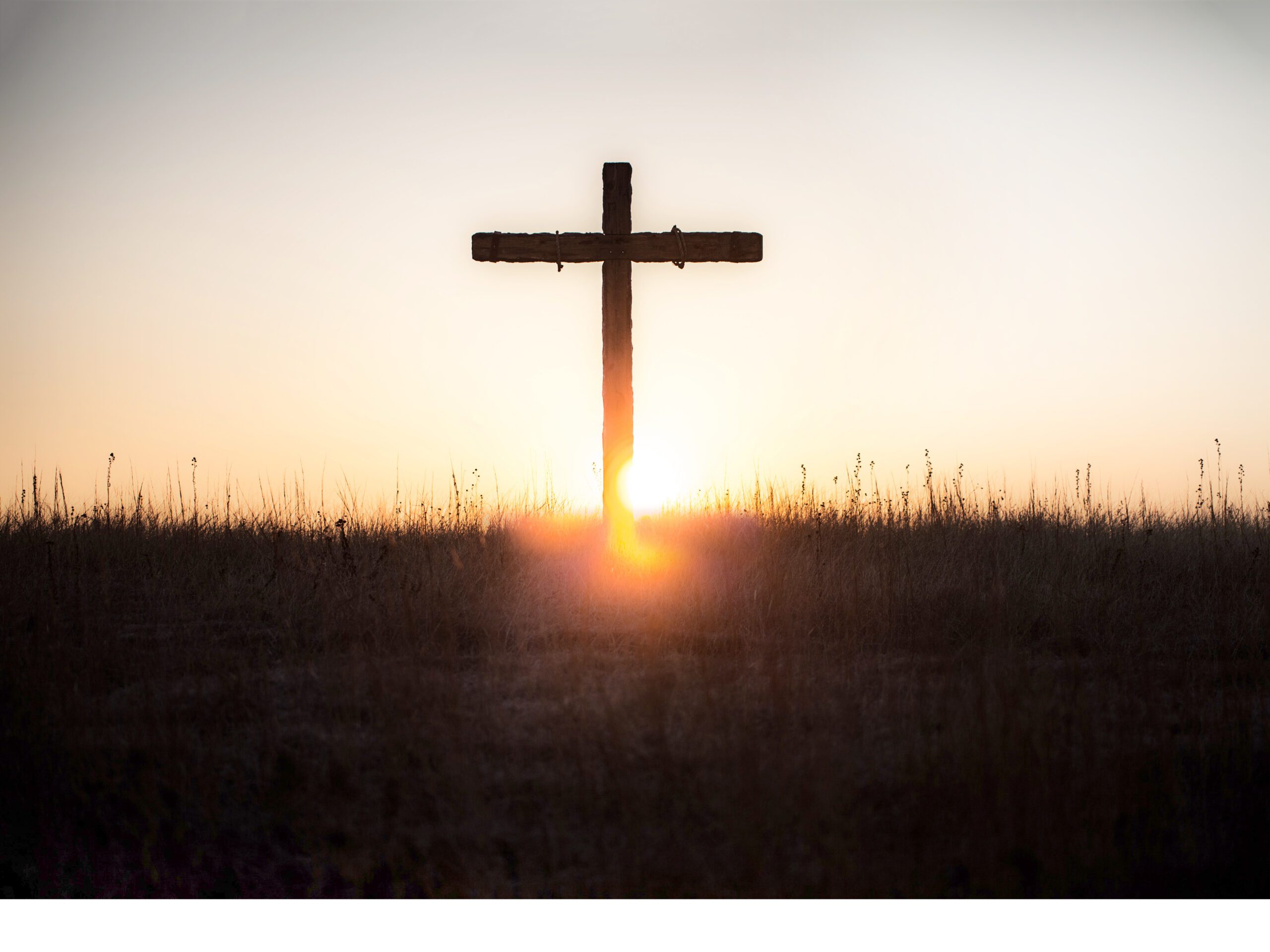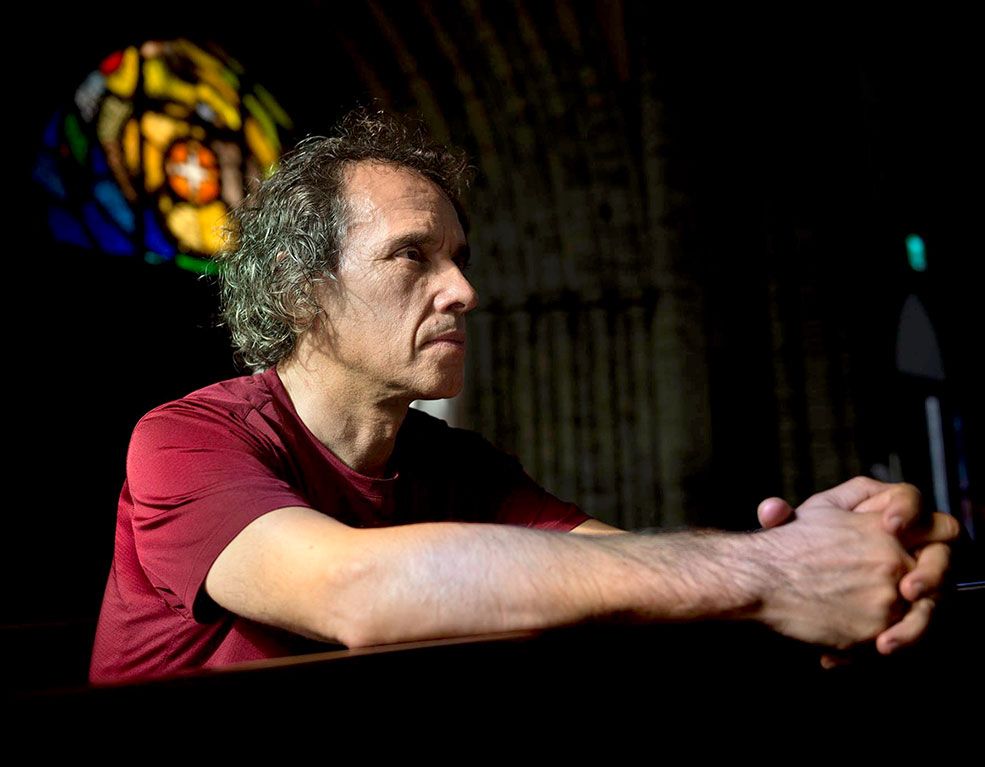Asia Bibi left early in the morning without slamming the door of her house so as not to wake her husband and five children, excited to earn 250 rupees (less than $ 1.60) for a laborious journey of picking berries in the fields. With this money, she would buy two kilos of flour, enough to feed the family with the traditional chapati bread.
The task was arduous because it required extreme physical exertion under a scorching sun. She would only receive the agreed upon pay if she filled the crop basket. However, her basket was bigger than those of her fellow workers, for the simple fact that they were Muslims and she was a Christian. She did not protest.
At noon, already dehydrated, she approached a well and used an old metal cup to drink fresh water, which she herself had extracted with a bucket. Then she heard grunting voices. She ignored the rumble and refilled her glass to offer to another woman, who was also thirsty. The gesture was interrupted by her neighbor Musarat, seamstress and village gossiper, who shouted, “Do not drink from that water – it is haram [prohibited]!” Asia Bibi was far from imagining that on that Sunday in June, her gestures and words would make her agonize for nine years in two prisons. The torment is narrated in Blasphemy: Sentenced to Death Over a Cup of Water by French journalist Anne-Isabelle Tollet.
“You Do Not Deserve To Live!”
“Listen, all of you! This Christian contaminated the water from the well when she drank from our glass,” said the hostile Musarat, stressing that Asia belongs to a “polluting caste” (chuhda musali). “The water is now unclean, and we cannot drink it.” The accusation was so unfair that Asia dared to defend herself: “I believe that Jesus would act differently from Muhammad.” Musarat shot back: “How dare you think for the prophet, you filthy beast! You must convert to Islam and redeem yourself!” The Christian countered: “I believe that Jesus died on the cross for the sins of humankind. What did your Prophet Muhammad do for humanity? And why do I have to convert and not you?” Those who were picking up fruits allied themselves with Musarat, shouting: “You do not deserve to live! You will pay dearly for what you have said about our holy prophet.”
And so, on June 15, 2009, Asia Bibi, 53 years old, was dragged into a “people’s trial,” where she was forced to plead guilty for insulting the “Messenger of Allah.” Imprisoned that same day, she was thrown into a filthy and solitary cell, where the guards humiliated her daily and where only faith prevented her from committing suicide.
In 2010, a court in Sheikhupura, the district to which her village belongs, sentenced Asia Bibi to be hanged, accused of blasphemy under section 295-C of the Pakistan Penal Code, which provides for a single punishment – death – for “defaming the prophet Muhammad.” Another court in Lahore rejected an appeal and upheld the sentence.
In January 2011, Salman Taseer, the governor of Punjab who had sought presidential pardon for “an innocent victim of an unjust law”, was shot dead by his own bodyguard. Two months later, Shahbaz Bhatti, a Catholic and Minister for Minorities – the only Christian in the government and who sensitized the Pope to intercede for Asia Bibi – was also brutally murdered.
Colonial Heritage
Offenses to religion began to be criminalized in 1860, two years after the British Crown took control of most of the Indian subcontinent. Anyone who “disturbed a religious assembly, defiled cemeteries, hurt religious feelings or destroyed places/objects of devotion” ran the risk of “one to ten years of imprisonment”.
Not only did Pakistan adopt colonial legislation when it separated from India in 1947, but hardened it in the 1980s on orders of General Zia-ul Haq, intent on “Islamizing” the country and persecuting the Ahmadi community, labeled as renegade and ‘non-Islamic.’
Initially, the anti-blasphemy laws imposed by the military dictatorship foresaw a maximum of three years in jail for “derogatory remarks about Muslim personalities.” From 1982, a new clause was added, penalizing life imprisonment to those who defile the Koran. In 1986, another clause, distinct and vague, was introduced in order to punish those who insult Muhammad with death.
The laws against blasphemy have been like a sword of Damocles on religious minorities, but also on the Muslims – the biggest victims, according to Amnesty International. “They violate human rights and it allows people to settle personal scores, and kills Christians and Muslims alike indiscriminately. Once accused, the suspects become entangled in a system that presumes they are guilty until proven innocent”.
Between 1987 and 2014, over 1300 people were charged. Since 1990, at least 65 have been killed – not by the State but by angry vigilantes. Currently, at least 900 people are in prison.
Free At Last!
It was not until October 31 2018, in a verdict considered “strict, courageous and historic,” that the Supreme Court of the country ordered the liberation of Asia Bibi, concluding that the accusation did not present “irrefutable evidence” justifying capital punishment.
The court ruling was received with violent protests, organized by the Tehreek-e-Labbaik Pakistan (TLP) party, the most uncompromising blasphemy law advocates, which almost paralyzed the country. On 8 November, Asia Bibi finally left the Multan women’s prison in Rawalpindi, and was transported in a special plane to Islamabad, the capital.
Having to live in an unknown location under police protection due to death threats from the Islamic fundamentalists who did not accept her acquittal, the life of the Pakistani woman was in jeopardy in her home country. After soliciting asylum to several countries, Canada offered her sanctuary where she arrived last May to enjoy her hard-won freedom and join her family.

